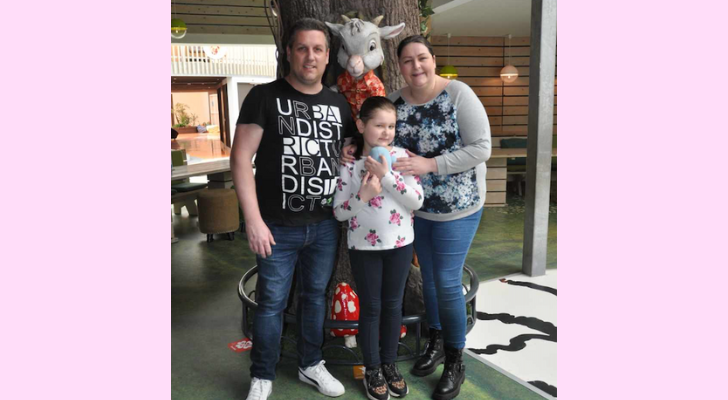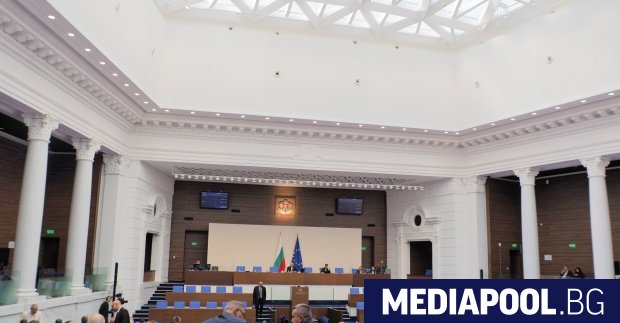#Free #Sleep #Clinic #Addresses #Inequalities #Treatment #Sleep #Disorders
Free access to sleep care is now available for people without health insurance in Southeast Michigan. Established by a University of Michigan sleep epidemiologist, the new sleep medicine service seeks to combat sleep disorders and help reduce poor health outcomes.
The service is one of the first in the nation to provide free sleep care to underserved communities.
Sleep is a vital function for overall well-being, affecting physical, mental and emotional health. However, many people have difficulty getting a good night’s sleep.
An estimated 50 to 70 million American adults are affected by sleep disorders, and one in three adults will experience a sleep disorder at some point in their lives.
“Unfortunately, those who are most susceptible to sleep disorders include low-income working adults, immigrants and refugees,” said Galit Levi Dunietz, associate professor in the U-M Department of Neurology and Division of Sleep Medicine.
“Medical care is often inaccessible for these underserved groups, and they never receive evaluation or diagnosis for sleep disorders. Without treatment, they suffer serious health consequences.”
Sleep and underserved populations
Dunietz partnered with Hope Clinic, a nonprofit organization committed to supporting uninsured individuals, to provide free sleep care to underserved populations.
With locations in Ypsilanti and Westland, Michigan, the clinics are situated in urban areas of the state with diverse communities, including many immigrants and refugees.
The organization provides free medical and dental services, behavioral health counseling, and food programs to vulnerable community members.
“Our goal is to provide the widest possible range of free health care services, but sleep medicine has not been accessible to us in the past,” said Ann Marie Peterson, medical clinic manager at Hope Clinic.
“There was a critical need for sleep care among our patients, which would have been too expensive for them to receive elsewhere.”
Sleep apnea is common
In particular, many patients visiting Hope Clinic were diagnosed with a sleep disorder called obstructive sleep apnea.
Sleep apnea is characterized by loud snoring and frequent pauses in breathing during sleep, and can lead to insomnia, daytime sleepiness, high blood pressure, diabetes, and heart disease. Obstructive sleep apnea is commonly treated with nighttime use of a continuous positive airway pressure (CPAP) device, a breathing machine that keeps the upper airway open.
Without health insurance, evaluation for obstructive sleep apnea and its treatment are inaccessible. Barriers to sleep apnea care include lack of access to a sleep doctor, a sleep apnea test, and CPAP machines.
“It’s extraordinarily rewarding to hear them say that they are sleeping better and feel like they can be more proactive in their lives,” Dunietz said.
Information in spanish:
Volunteer sleep specialist doctors: Ronald Chervin, MD, Cathy Goldstein, MD, Shelley Hershner, MD, William Palmer, MD, Ronald R. Gavidia Romero, MD, Anita Shelgikar, MD, Qurratul Aine Shamim-Uzzaman, MD, Punithavathy Vijayakumar, MBBS
Volunteer respiratory therapists: Rebecca Aiello, Armando Kurili
Written by Leona Falconer of Michigan Medicine, adapted to Spanish by Juan Ochoa of Michigan News.











